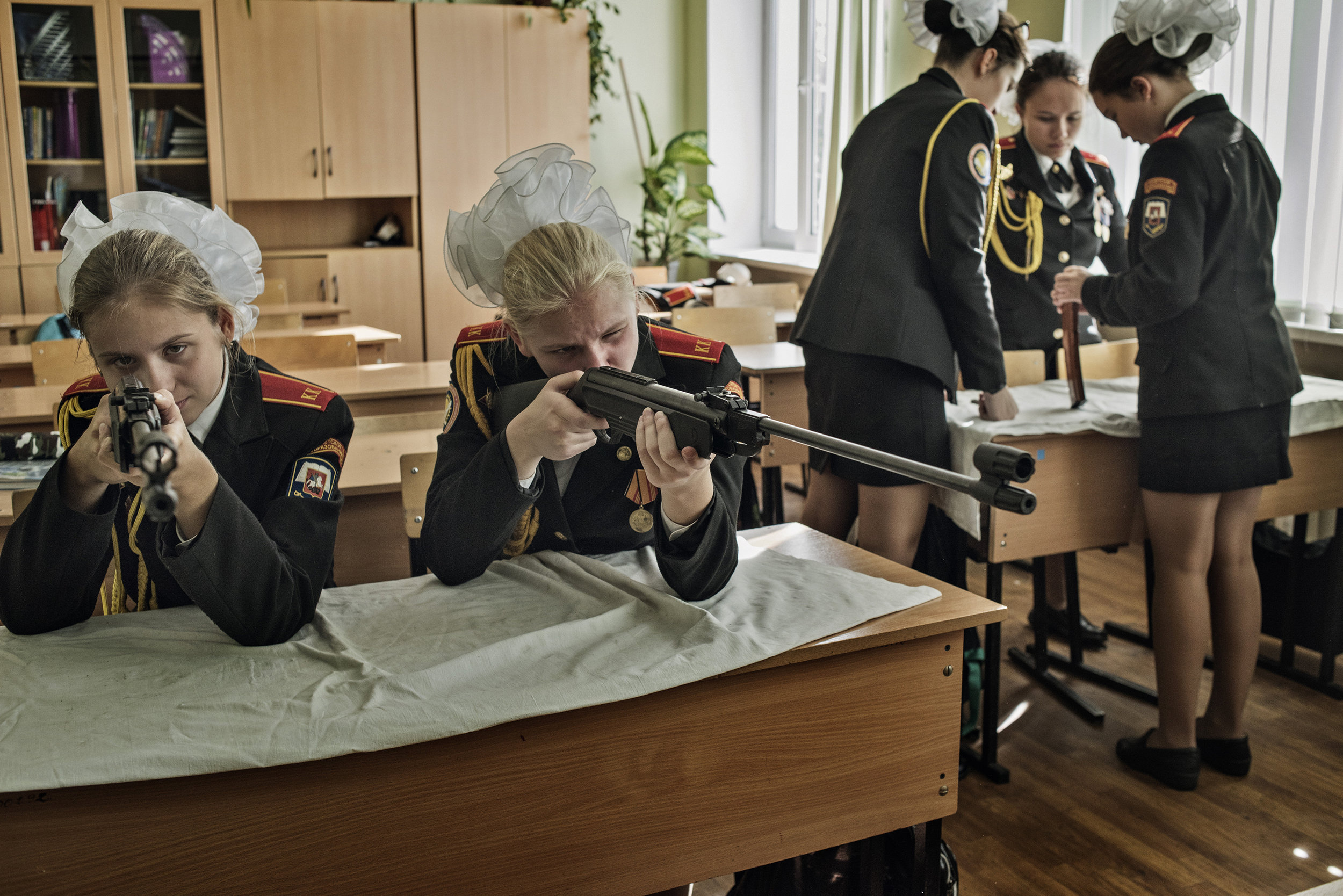The Youth of Russia
by yuri Kozyrev
Russia, Torzhok, September 2016, Members of the Yunarmiya, or Young Army, a military training organization for Russian youths that was created last year by the Ministry of Defense.
There’s one thing that pretty much all the students will have in common: They will have no memories of a political leader other than President Vladimir Putin
Russia, Moscow, June 2015, An American style going away party at a villa outside Moscow.
Stop by any classroom or college in Russia, and there’s one thing that pretty much all the students will have in common: They will have no memories of a political leader other than President Vladimir Putin, who has been in power for more than 17 years. His tenure started before most of Russia’s high school students were born – and it’s gone on long enough for some in Russia to start calling this generation “Putin’s Children.”
But the nickname won’t tell you much about their politics. Over the past few years, as photographer Yuri Kozyrev has photographed young Russians around the country, he’s found their ideas about patriotism vary as widely as their tastes in music. They range from dogmatic conservatives to convinced revolutionaries, with every shade of blissful ignorance and apathy in between.
Russia, Moscow, September 2016, Young girls learn how to assemble and shoot rifles at a cadet boarding school.
That’s partly why the Kremlin has started to worry about them. As they’ve grown old enough to vote, to run for office and, in some cases, to protest in the streets, they’ve reminded Putin that his system has an expiration date. It will survive only as long as Russians continue to tolerate it, and judging by the latest polls, the President doesn’t have much to fear from the young: 88% of Russians between the ages of 18 and 24 say they support the President, according to the Levada Center, an independent pollster.
As Putin prepares to stand for another term in office in March of next year, the authorities are intent on keeping his ratings at these stratospheric levels. Patriotic summer camps for kids have been cropping up all over the country, often involving some sort of military training. Last year the Defense Ministry founded a movement called the Young Army, which is devoted to instilling a love for the Motherland.
Russia, Voronezh, June 2016, Young men do morning exercises.
Russia, Moscow, July 2015, Rooftop University, a Friday evening event held by Departament, a marketing agency, that sponsors talks by professionals in media, culture, and business.
Russia, Moscow, June 2015, Dancer in the window of the #SanctionsBar.
Russia, Klin, August 2016, At the children’s military summer camp known as Razvedbat, meaning “Reconnaissance Battalion,” Russian boys and girls prepare for military service, learn to love their country and to fight for it, using a rich variety of weapons.
Taken together, this strategy amounts to a far more jingoistic approach to education than Putin previously championed, and it shows how much his style of leadership has changed. In the early winter of 2009, when he was a relatively spritely 57-year-old, he once agreed to appear at a rap battle on Russia’s version of MTV.
Most of the kids in the hall looked impressed – or, at least, not too embarrassed for him – when he got up on the stage in a beige turtleneck and declared that, “Street rap, though it’s maybe a bit rough, is already filling up with social meaning.”
It’s hard to imagine Putin going for a stunt like that today. Now 64, the President is one year away from the age when Russian men can legally retire. He’s visibly aged and grown shier of crowds. The liberals in his circle have been pushed out in favor of older men with military backgrounds and paranoid dispositions. If their leader decides to take another term as President next year, he will be free to rule until well into his 70s – just as long the young generation doesn’t start demanding change.
Russia, Irkutsk, June 2015, 17-year-old Dimitri pours cold water over his body at a rehabilitation clinic on the outskirts of Irkutsk. The use of synthetic drugs is on the rise in Russia, becoming an epidemic in certain parts of the country and straining the state's ability to offer rehab.









